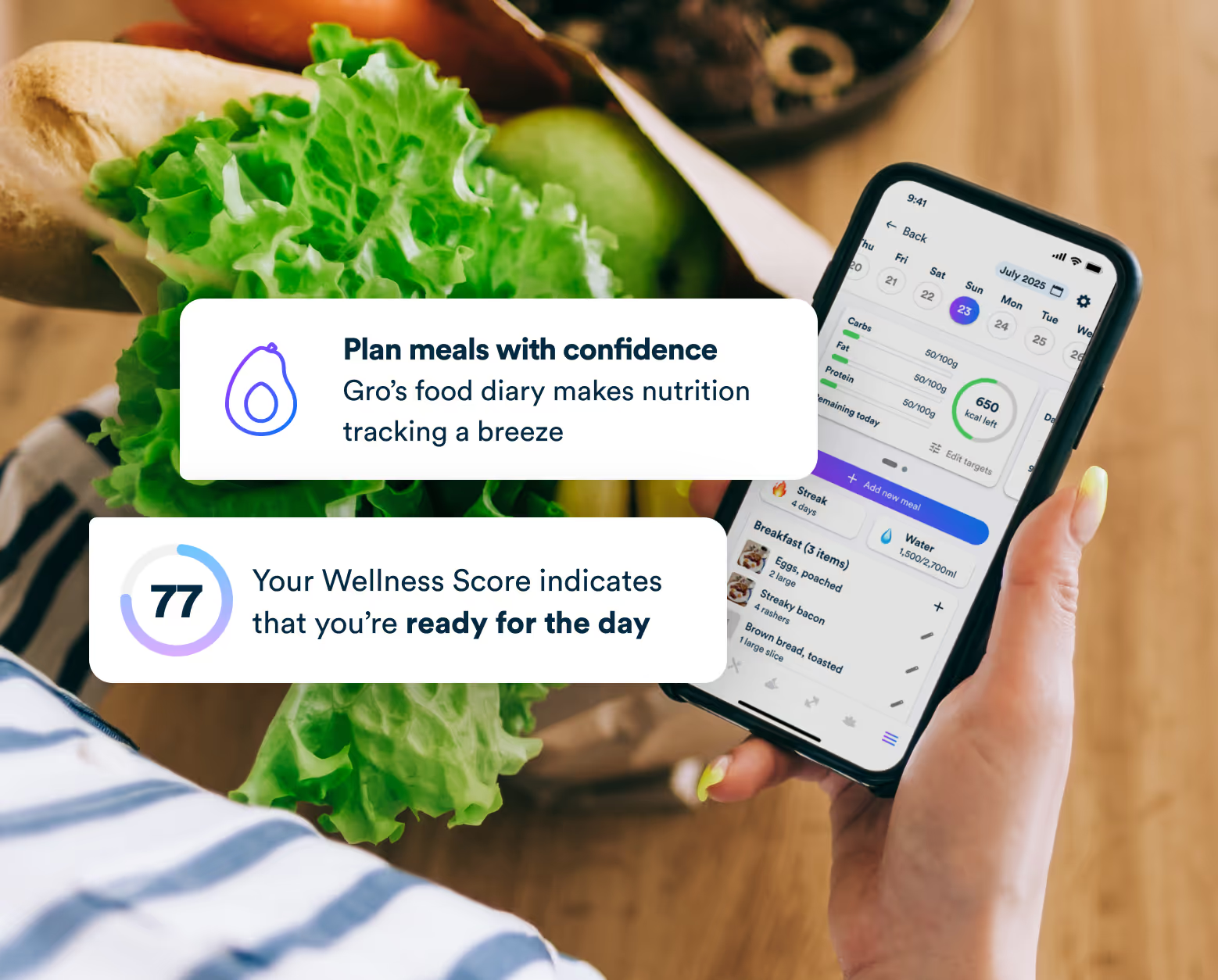People often believe that nutritional ketosis and diabetic ketoacidosis are two terms for the same condition, but this couldn’t be farther from the truth. This confusion means some people avoid are reluctant to adopt a low-carb, high-fat lifestyle because they’re concerned about complications that might be life-threatening.
Hopefully, by the time you get to the end of this article, you’ll have a clearer understanding of the differences between the two metabolic states.
What is diabetic ketoacidosis?
Both nutritional ketosis and ketoacidosis are characterised be elevated concentrations of ketones in the blood. Ketones are chemicals produced by the liver when the body breaks down fat for energy.
In comparison to nutritional ketosis, where the level of ketones is typically around 2-3mmol/L, in diabetic ketoacidosis, the ketone levels can be at least ten times more.[1]
Diabetic ketoacidosis can occur in people with type 1 diabetes because of insufficient insulin levels. Too little insulin can lead to increased levels of ketones, alongside higher blood glucose levels.
While diabetic ketoacidosis is more common in individuals with type 1 diabetes, people with type 2 can also be susceptible if they do not produce enough of their own insulin.
It’s important to note that high glucose levels in conjunction with raised ketone levels can carry the risk of ketoacidosis. This is why it’s always recommended you discuss transitioning to a ketogenic diet with your health team, particularly if you have type 1 diabetes.
A ketogenic diet will not increase the risk of ketoacidosis if your diabetes is well-managed.
What is nutritional ketosis?
The purpose of a very low carbohydrate diet (<30-50g/day) is to induce a state of nutritional ketosis. This dietary approach is also known as a ketogenic diet.
A high-carb diet requires large amounts of insulin to metabolise high quantities of carbohydrates. In a carb-restricted diet, insulin levels reduce to the point that ketosis occurs.
Compared to diabetic ketoacidosis, nutritional ketosis produces lower non-life-threatening levels of ketones.
The benefits of nutritional ketosis
Previous evidence has found that low-level ketone production as a consequence of a low-carb, high-fat diet can have health benefits.
A restricted carbohydrate diet can cause the body to enter a fat-burning state where fat stores are turned into ketones and used as an alternative fuel source.
Nutritional ketosis can be an excellent fat loss method and is frequently recommended to treat obesity.[2] A ketogenic diet can also improve metabolic health by reducing insulin resistance and improving other biomarkers. Research also supports adopting a ketogenic diet in treating endocrine disorders like polycystic ovary syndrome.[3]
How do I enter nutritional ketosis?
We at Gro consider a low carbohydrate diet to be anything less than 130g of carbs daily. However, to enter nutritional ketosis, carbohydrates would need to be further restricted to less than 30-50g of carbs per day. Despite this, the amount of carbs you must reduce your intake by to enter ketosis is very much dependent on the individual.
Although some people might see more significant results by having less than 30-50g of carbs per day, others could maintain a ketogenic state by having a few more carbohydrates.
Testing your ketones is the easiest way to determine whether you are in nutritional ketosis. While you can have a breath ketone test or use urine sticks, the best method for testing your ketones is to undergo a blood ketone test.[4]
References
[1] Mullins, G. et al. (2011) Ketosis, ketoacidosis and very-low-calorie diets: putting the record straight. British Nutrition Foundation. 36, 397-402.
[2] Paoli, A. et al. (2013) Beyond weight loss: a review of the therapeutic uses of very-low-carbohydrate (ketogenic) diets. European Journal of Clinical Nutrition. 67(8), 789-796.
[3] Gupta, L. et al. (2017) Ketogenic diet in endocrine disorders: current perspectives. Journal of Postgraduate Medicine. 63(4).
[4] Qiao, Y. et al. (2014) Breath ketone testing: a new biomarker for diagnosis and therapeutic monitoring of diabetic ketosis. Biomedical Research International. 869186.


